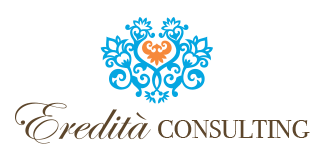Are there things going on in your life that you wish would change?
While it's natural to pay attention to what others could do to make your life better or how different circumstances would improve your reality, it is a missed opportunity to focus there.
Watch this video to learn more, or read the summary below ...
Wherever you go there, there you are. So it's realistic to believe that you play a role in creating the reality you wish would change -- and that is your greatest opportunity to create a reality you prefer.
The Know Yourself to Lead Yourself tool shows that we all have tendencies -- those things that we naturally do, like autopilot. Some of those tendencies, when we act on them, bring consequences into our life that we like. By all means continue them. Other tendencies, when we act on them, bring consequences into our life that we don't like. Over time, our actions and the consequences they create, shape the reality we experience.
The building blocks of emotional intelligence are reflected in this tool. Know yourself (self-awareness)…to lead yourself (self-management).
A leader I work with feels hurt when he receives critical feedback. He gets defensive, minimizes his part, and seeks to shift blame to other people. Over time, this created a culture in his organization where team members did not feel safe coming to him with critical feedback. That is a problem. As a leader, he needs honest feedback.
We used this tool to better understand better his part. We identified his natural tendencies. He feels hurt. He feels angry. He behaves defensively. He shifts attention to how others contributed to the problem. He discounts his part. This list gave him thoughts, feelings, and behaviors to watch out for when he hears critique. He practiced pausing, reflecting, and considering his options to respond instead of react.
Over time, he acted on this tendency less -- and started to get more feedback from team members, as he demonstrated an ability to seek to understand and respond not react.
We play a role in the reality we experience. I encourage you to practice knowing yourself so you can lead yourself and contribute more and more to creating a reality you want.
Consider this:
Take a posture of curiosity and ask yourself ...
- How are my actions contributing to the reality I wish would change?
- What signs can I watch out for, to help me recognize when I'm about to repeat those actions? (e.g., thoughts, feelings, and changes in my body.)
- What can I do instead, to help me act in ways that support the change I want?

